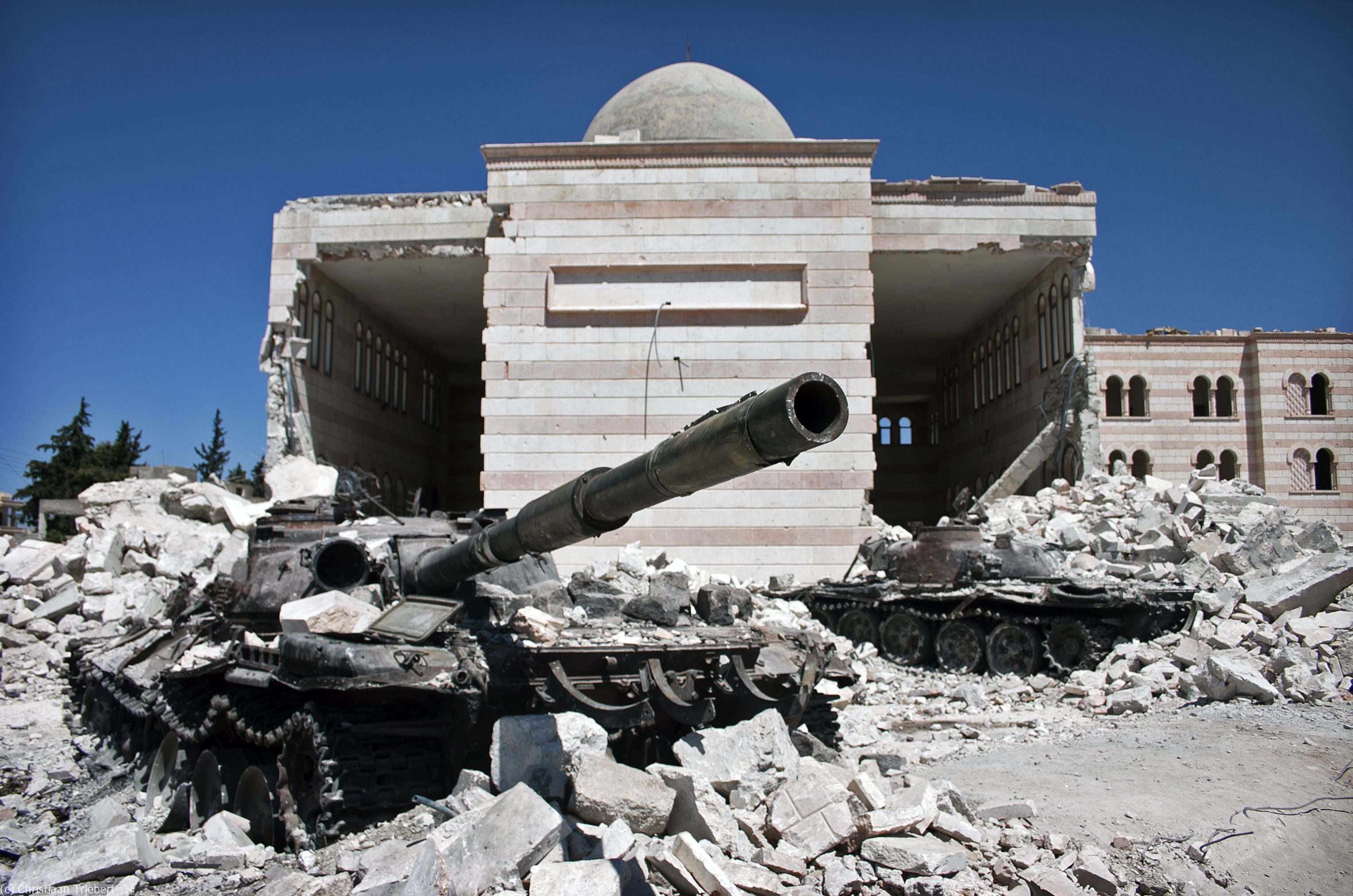By: Sami Jarjour
Iraq, February 1963. The United States was “unofficially complicit” according to experienced OSS and CIA intelligence analyst Harry Rositzke in the coup that would markedly contribute to the instability of Iraq, leading to subsequent coups and finally the rise to power of Saddam Hussein in 1979. Iraq, 1982. Iraq is removed from the US terrorist list.
Although Saddam’s sadistic crimes are universally known, it is difficult to find mention of the fact that these crimes were largely committed when the United States was fully supporting him. For instance, in February 1988, Saddam’s “Anfal” campaign against Iraq’s Kurds killed more than 100,000 Kurds and wiped out 1,200 Kurdish villages ,with chemical weapons supplied by the US. Two months later, the United States Department of Commerce approved a shipment of chemicals to Iraq–chemicals, by the way, that are used for producing mustard gas, and that Iraq used against Iran throughout the Iran-Iraq war. After his second campaign of attacks on the Kurds, the U.S. Department of Commerce in September 1988 provided Saddam with a shipment of “weapons grade anthrax and botulinum.”Richard Murphy, the Assistant Secretary of State at the time, commented that “The US-Iraqi relationship is . . . important to our long-term political and economic objectives.” Indeed, American engagement of this sort with Saddam was considerable. To be sure, the United States was much more interested in supporting a murderous dictator than promoting democracy.
Considering these facts, it was astounding (as well as hypocritical) to see the United States express such great outrage at Iraq’s invasion of Kuwait, when no such outrage was expressed at Iraq’s previous invasion of Iran (or other invasions around the world, such as Indonesia’s invasion of East Timor) or the previous crimes committed by Saddam. The Gulf War that followed led to calamitous consequences for the Iraqi population, as did the sanctions that continued after the war. As historian Howard Zinn observes, “…the bombings of Iraq had caused starvation, disease, and the deaths of tens of thousands of children.” According to a United Nations report, “Nothing that we had seen or read had quite prepared us for the particular form of devastation which has now befallen the country. The recent conflict has wrought near-apocalyptic results upon the infrastructure of what had been, until January 1991, a rather highly urbanized and mechanized society. Now, most means of modern life support have been destroyed or rendered tenuous.” Yet this is only the beginning.
After the war, President Bush not only decided to let Saddam retain power in Iraq, but moreover, “decided to let President Saddam Hussein put down rebellions in his country without American intervention rather than risk the splintering of Iraq, according to official statements and private briefings today” [March 27, 1991]. Furthermore, the sanctions led by the United States and UK were described as “genocidal” by Denis Halliday, who resigned in protest as U.N. Humanitarian Coordinator of the country. The sanctions resulted in the deaths of hundreds of thousands of people according to conservative estimates, although including adults Halliday estimates the number of deaths to be over one million, more than half of them children. Hans von Sponeck, Halliday’s successor, also resigned in protest of the policies towards Iraq, and subsequently deemed the Iraq sanctions as a violation of the Genocide Convention.
As for the “finishing touch,” we have the 2003 invasion of Iraq. Nir Rosen, a top American journalist, wrote in 2010 the following in Foreign Policy magazine:
“For Iraqis, then, there is no end in sight. Since the occupation began in 2003, more than 70,000 Iraqis have been killed. Many more have been injured. There are millions of new widows and orphans. Millions have fled their homes. Tens of thousands of Iraqi men have spent years in prisons. The new Iraqi state is among the most corrupt in the world. It is only effective at being brutal and providing a minimum level of security. It fails to provide adequate services to its people, millions of whom are barely able to survive. Iraqis are traumatized. Every day there are assassinations with silenced pistols and the small magnetic car bombs known as sticky bombs. In neighboring countries, hundreds of thousands of refugees languish in exile, sectarianism is on the upswing, and weapons, tactics, and veterans of the Iraqi jihad are spreading.”
Of course, the real number of Iraqi deaths is much higher than what Nir Rosen reveals. The Lancet, a leading and highly respected medical journal, published findings in 2006 that estimated over 650,000 Iraqi deaths (range between 392,979 and 942,636). In January of 2008, Opinion Research Business (ORB), a British polling agency, estimated over one million Iraqi deaths as a result of the Iraq invasion.
In sum, America’s involvement in Iraq has created a human disaster. Sam Rasouli, founder and director of the Muslim Peacemaker in Iraq, recently appeared on the news program Democracy Now!. Invoking George W. Bush after the fall of Baghdad, he remarked, “In terms of destroying Iraq, it’s really ‘mission accomplished.’”

